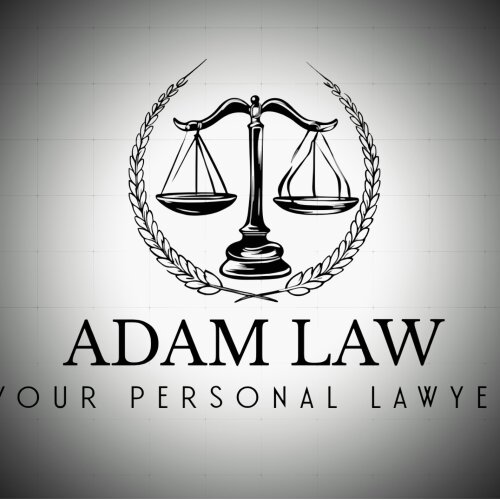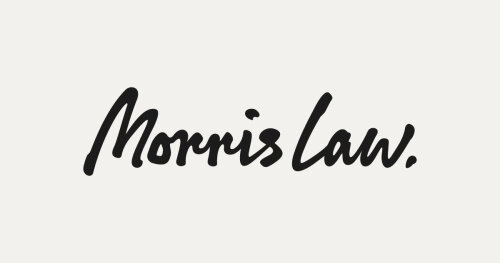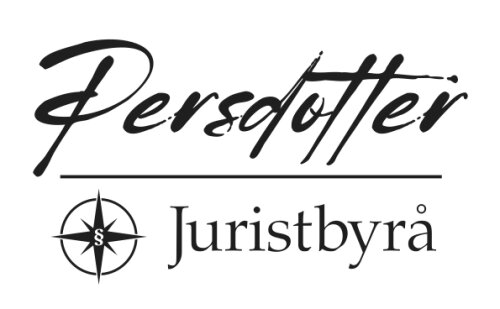
Best Sanctions & Export Controls Lawyers in Sweden
Share your needs with us, get contacted by law firms.
Free. Takes 2 min.
Or refine your search by selecting a city:
List of the best lawyers in Sweden

About Sanctions & Export Controls Law in Sweden
Sanctions and export controls are essential areas of law in Sweden, designed to regulate the movement of goods, services, and technology across borders. These laws are primarily aimed at safeguarding national security, promoting foreign policy objectives, and ensuring that Sweden complies with international commitments, including those of the European Union (EU) and the United Nations (UN). Sweden implements EU sanctions directly and occasionally imposes its own additional measures. Export controls govern the transfer of sensitive items, with a focus on dual-use goods that can have both civilian and military applications. These legal frameworks are key to preventing prohibited trade and upholding global peace and security standards.
Why You May Need a Lawyer
Legal guidance is often crucial when dealing with sanctions and export controls issues in Sweden. Some common situations where a lawyer’s assistance becomes vital include:
- Navigating the complexities of EU and Swedish regulations on the export of goods, technology, or services. - Determining if a transaction or business relationship is subject to sanctions or trade restrictions. - Applying for export licenses or permits, especially for controlled items or technology. - Responding to investigations or enforcement actions by Swedish authorities relating to alleged breaches of sanctions or export controls. - Advising on compliance programs and risk assessments for businesses exporting products or technology. - Assisting with internal audits or voluntary self-disclosures to authorities when there is a risk of non-compliance. - Managing the risks associated with mergers, acquisitions, or joint ventures involving sanctioned parties or sensitive sectors.
A lawyer experienced in sanctions and export controls can help you interpret the law, communicate with authorities, and minimize legal risks for your business or personal activities.
Local Laws Overview
Sanctions and export controls in Sweden are shaped by national law, European Union regulations, and international commitments. Key aspects include:
- EU Sanctions: Sweden implements EU-wide sanctions directly through EU Council regulations, which are legally binding. - Swedish National Laws: The main Swedish legislation includes the Act on Penalties for the Violation of Certain International Sanctions and the Act on Control of Dual-use Items and Technical Assistance. - Export Controls: The Inspectorate of Strategic Products (ISP) is responsible for licensing and oversight of controlled exports, especially for military goods and dual-use items. - Embargoes and Prohibitions: Sweden follows embargoes placed by the EU and the UN, covering arms, certain technologies, and financial transactions involving specific countries or individuals. - Enforcement: Both criminal and administrative penalties exist for breaches. Enforcement can result in fines, imprisonment, or loss of export privileges. - Licensing: Export of controlled items usually requires a license from the ISP, and the rules apply to both goods and intangible transfers, such as digital technology or technical assistance. - Due Diligence: Businesses are expected to conduct robust due diligence to avoid inadvertent breaches, including screening of customers and partners.
Frequently Asked Questions
What are sanctions and export controls?
Sanctions are legal restrictions against certain countries, entities, or individuals, typically relating to trade, finance, or travel. Export controls regulate the export of sensitive goods, technology, or services to prevent their misuse.
Who is responsible for implementing sanctions in Sweden?
Sanctions in Sweden are mainly implemented at the EU level, with Swedish authorities such as the Inspectorate of Strategic Products (ISP) and the Swedish Ministry for Foreign Affairs overseeing enforcement and compliance.
Do I need a license to export dual-use goods from Sweden?
Yes, in most cases, exporting dual-use items such as technologies or products with both civilian and military uses requires a license from the ISP.
What happens if I violate Swedish or EU sanctions?
Violations can lead to serious legal consequences, including criminal prosecution, substantial fines, imprisonment, seizure of goods, and restrictions on future business activities.
How can my business ensure compliance with sanctions and export controls?
Companies should establish robust internal compliance programs, conduct customer and partner screenings, routinely update procedures according to changing laws, and seek legal advice when necessary.
Can individuals be personally liable for sanctions breaches?
Yes, individuals such as company directors or employees may be held personally liable if found responsible for knowingly violating sanctions or export control regulations.
What is the role of the Inspectorate of Strategic Products?
The ISP is the main authority for regulating, licensing, and oversight of exports of military and dual-use items. They assess license applications and ensure compliance with Swedish and EU law.
Are there restrictions on providing services, not just goods?
Yes, sanctions and export controls can also cover the provision of services, technical assistance, or intangible transfers of technology, especially in sensitive or embargoed sectors.
What organizations or bodies can provide guidance on these laws?
Key resources include the ISP, the Swedish Customs Authority, the Ministry for Foreign Affairs, and relevant EU bodies such as the European Commission's Sanctions Map and export control frameworks.
Where can I get help if I am under investigation or have compliance questions?
Consider seeking assistance from a lawyer specializing in sanctions and export controls or contacting the ISP or the Swedish Bar Association for guidance and referrals.
Additional Resources
Several organizations and government bodies offer information and assistance regarding sanctions and export controls in Sweden:
- The Inspectorate of Strategic Products (ISP) provides guidance on export control licensing and regulations. - The Swedish Customs Authority can answer practical questions about customs procedures and compliance. - The Swedish Ministry for Foreign Affairs is responsible for Swedish foreign policy, including aspects of sanctions. - The Swedish Bar Association can help you find qualified legal professionals. - European Commission resources, such as the Sanctions Map and Export Control resources, offer broad EU-wide information.
Next Steps
If you suspect you may be affected by sanctions or export controls, or if you have compliance concerns, take the following steps:
1. Identify whether your goods, services, or transactions are subject to any restrictions or require a license. 2. Contact the Inspectorate of Strategic Products or Swedish Customs Authority for preliminary guidance. 3. Document your due diligence and risk assessment processes. 4. Consult with a lawyer who specializes in Swedish and EU sanctions and export controls. 5. If under investigation, seek legal representation immediately and avoid making statements without counsel. 6. Stay informed about new sanctions or changes to export control rules, as these regulations frequently change. 7. Make use of additional resources to establish or update internal compliance processes. Remember, timely legal advice is the most effective way to manage risks and ensure compliance in this complex and dynamic area of law.
Lawzana helps you find the best lawyers and law firms in Sweden through a curated and pre-screened list of qualified legal professionals. Our platform offers rankings and detailed profiles of attorneys and law firms, allowing you to compare based on practice areas, including Sanctions & Export Controls, experience, and client feedback.
Each profile includes a description of the firm's areas of practice, client reviews, team members and partners, year of establishment, spoken languages, office locations, contact information, social media presence, and any published articles or resources. Most firms on our platform speak English and are experienced in both local and international legal matters.
Get a quote from top-rated law firms in Sweden — quickly, securely, and without unnecessary hassle.
Disclaimer:
The information provided on this page is for general informational purposes only and does not constitute legal advice. While we strive to ensure the accuracy and relevance of the content, legal information may change over time, and interpretations of the law can vary. You should always consult with a qualified legal professional for advice specific to your situation.
We disclaim all liability for actions taken or not taken based on the content of this page. If you believe any information is incorrect or outdated, please contact us, and we will review and update it where appropriate.
Browse sanctions & export controls law firms by city in Sweden
Refine your search by selecting a city.















